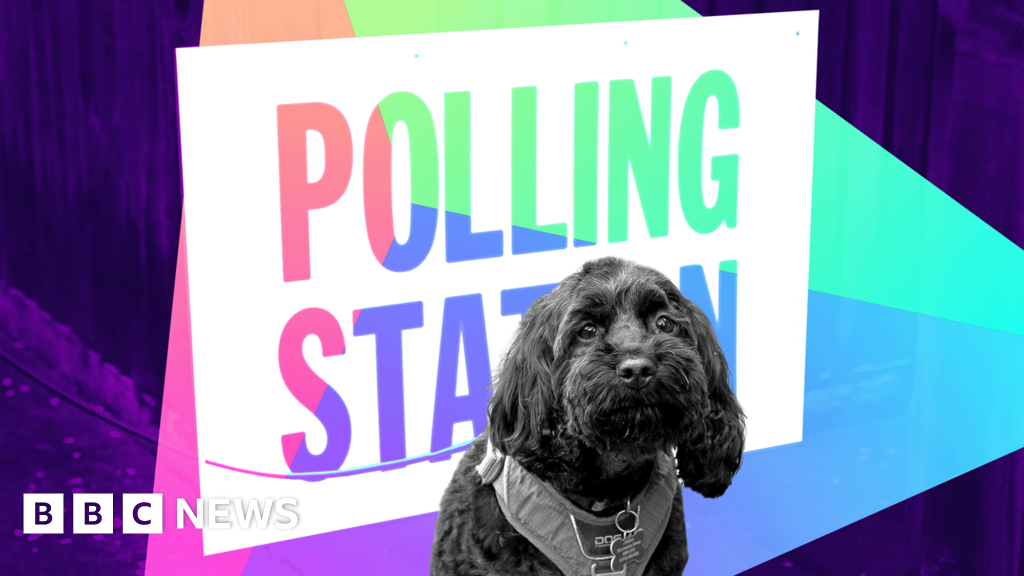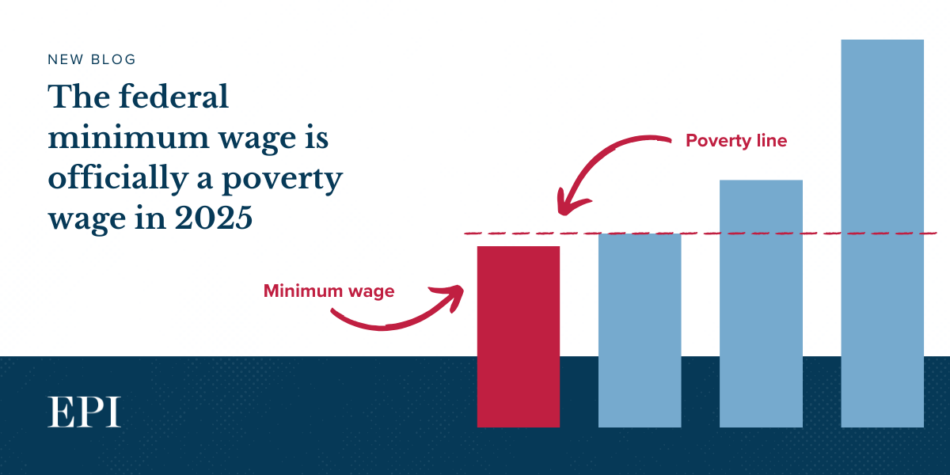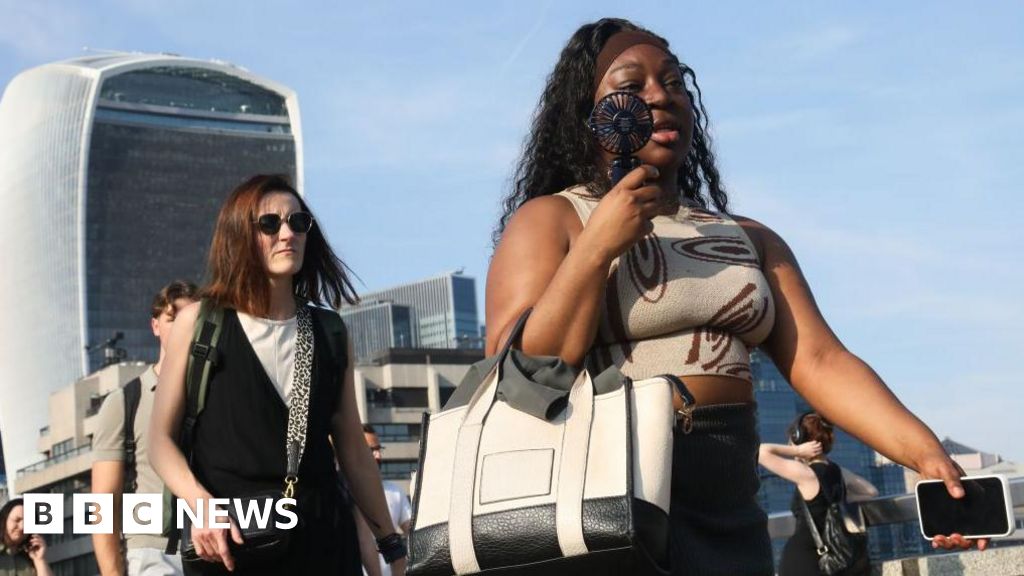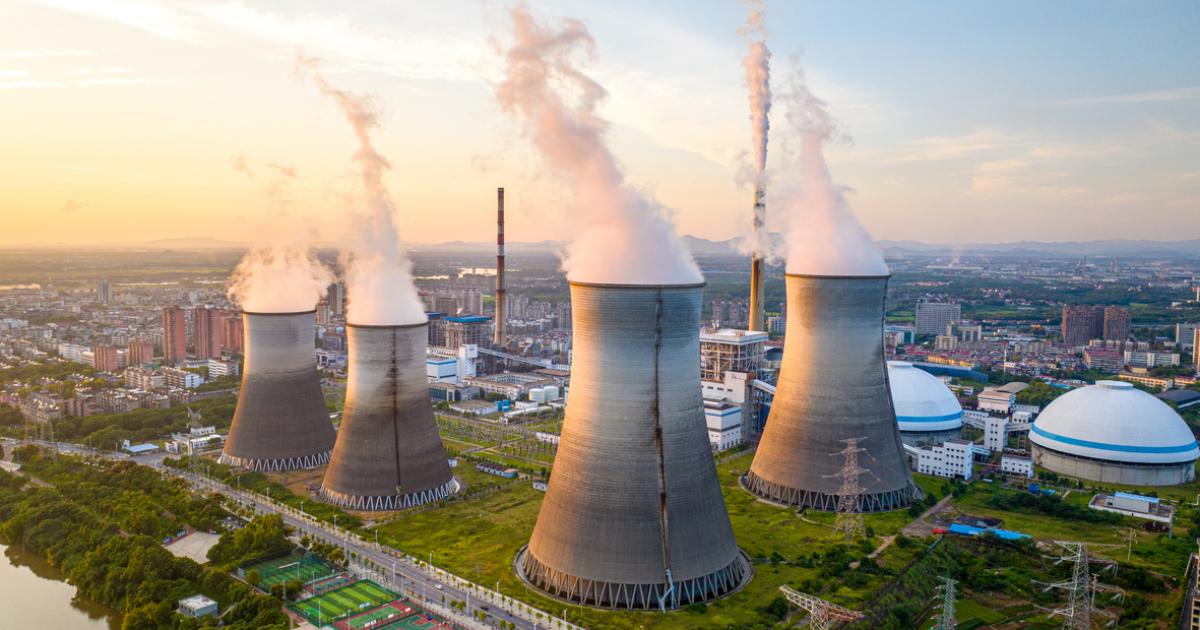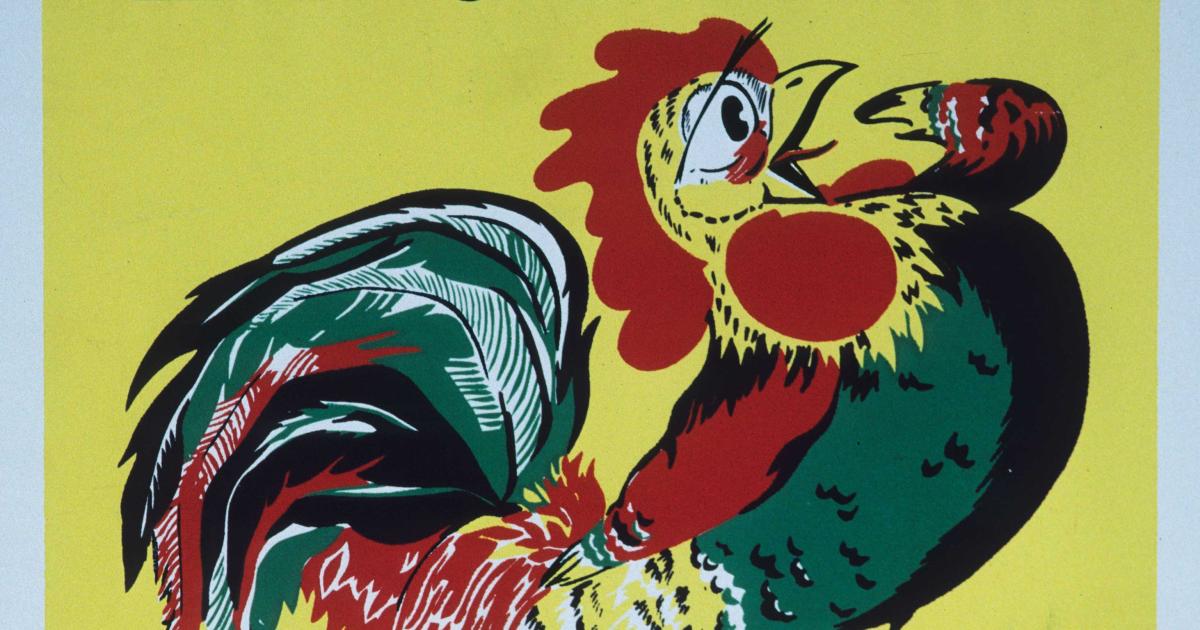Trump Calls Jeff Bezos Over Amazon's Tariff Display Controversy

In a revealing turn of events, President Donald Trump reached out to Amazon founder Jeff Bezos following a report from Punchbowl News that suggested the retail giant was considering displaying the cost of tariffs alongside product prices on its platform. This report stirred significant reaction, prompting White House officials to confirm that Trump called Bezos shortly after hearing about the potential change.
The idea of displaying tariff costs alongside prices struck a nerve within the current administration, and during a Tuesday press briefing, White House Press Secretary Karoline Leavitt characterized Amazon's rumored move as a hostile and political act. This escalation highlighted the complexities of the ongoing relationship between the government and major tech companies, particularly in the realm of retail and trade.
In a response to the growing controversy, Amazon spokesperson Tim Doyle clarified the company's stance. He stated that the team overseeing Amazon Haul, a platform dedicated to providing ultra-low-cost products shipped directly from manufacturers in China, had merely considered the idea of displaying import charges on certain items. Doyle emphasized, This was never approved and is not going to happen. This statement was further reinforced by Amazon, which published it on its official website, quelling some concerns among consumers and sellers alike.
Subsequently, after Amazon's clarification, Trump addressed reporters at the White House, offering a surprisingly amicable remark about Bezos. He described Bezos as very nice and went on to state, He solved the problem very quickly. He did the right thing. Good guy. This comment underscores the often tumultuous yet occasionally cooperative dynamic between the tech industry and the government.
Trump's administration has implemented sweeping tariffs that can reach up to 145 percent on products imported from China, a measure that has already begun to affect various retailers, including popular platforms like Shein and Temu. Faced with these increased costs, these retailers have responded by raising their prices, impacting consumers directly. Meanwhile, some sellers on Amazon, particularly those with products manufactured in China, are attempting to stretch their existing inventory stored in U.S. warehouses to avoid increased costs. Others have even opted out of participating in Prime Day, a significant sales event, further illustrating the ripple effects of tariff-related price hikes.
As this situation unfolds, it continues to raise critical discussions around the interplay between government policies and large corporations, particularly in the context of international trade.
Update, April 29th: The article has been updated to include President Trumps remarks following Amazon's response.











